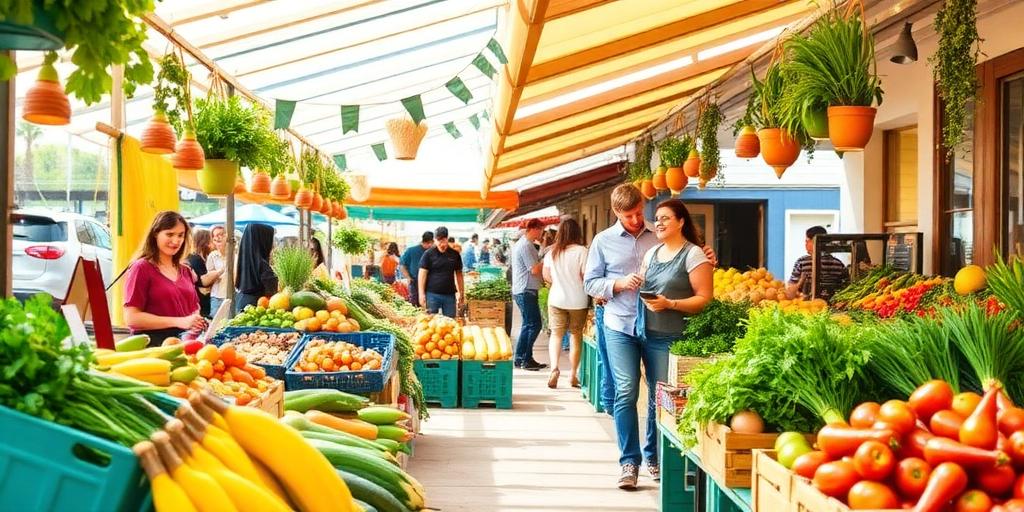The Trend Towards Localism: Supporting Local Businesses and Communities
In an increasingly globalized world, a counter-trend is emerging: localism. This movement emphasizes the importance of supporting local businesses, fostering community connections, and prioritizing regional economies. But what's driving this shift, and why should you care?
What is Localism?
Localism is more than just buying local products. It's a philosophy that promotes:
- Economic Sustainability: Keeping money within the community.
- Community Building: Strengthening relationships among neighbors.
- Environmental Responsibility: Reducing transportation costs and supporting sustainable practices.
- Unique Character: Preserving the distinct identity of a place.
The Benefits of Supporting Local Businesses
- Economic Impact: Local businesses recirculate a larger portion of revenue back into the local economy compared to chain stores.
- Job Creation: Small businesses are significant job creators, providing employment opportunities within the community.
- Personalized Service: Local business owners are often more invested in providing excellent customer service and building relationships with their clientele.
- Community Investment: Local businesses often support local charities, events, and initiatives, contributing to the overall well-being of the community.
How to Embrace Localism
- Shop at Local Businesses: Seek out independent retailers, restaurants, and service providers in your area.
- Attend Local Events: Participate in community festivals, farmers' markets, and other local gatherings.
- Support Local Farmers: Buy fresh produce and other goods from local farms and producers.
- Advocate for Local Policies: Encourage local government to support policies that promote local businesses and sustainable development.
The Future of Localism
As consumers become more conscious of the social, economic, and environmental impacts of their purchasing decisions, the trend towards localism is likely to continue. By supporting local businesses and communities, we can create more resilient, vibrant, and sustainable places to live.
Localism is not about rejecting globalization entirely, but rather about finding a balance between global interconnectedness and local identity. It's about creating a world where communities thrive, economies are resilient, and the unique character of each place is celebrated.









